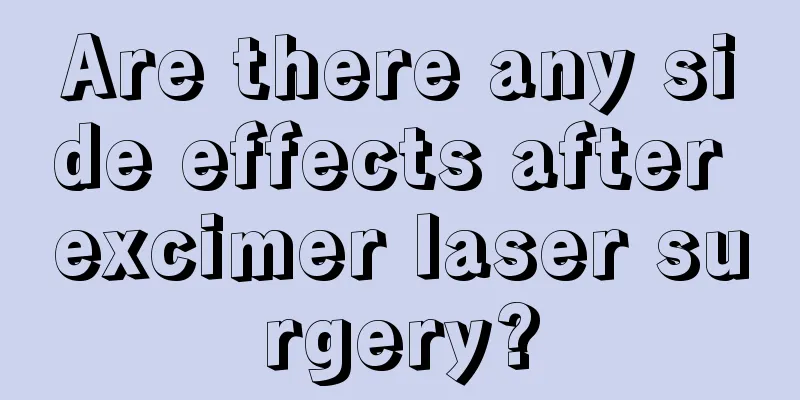What is the identification method for nasopharyngeal carcinoma and how to identify it

|
For nasopharyngeal cancer, patients must detect it in time and receive early treatment. Here is an introduction to the identification of nasopharyngeal cancer. How to identify it? Nasopharyngeal carcinoma is one of the most common tumors in my country, with Guangdong, Guangxi, Hunan, Fujian and other provinces being the most common areas. The incidence rate in men is 2-3 times that in women, and the age group with the highest incidence is 40-50 years old. In daily life, people should try their best to avoid being exposed to heavily polluted external air environments. Because the nasopharynx is the only way for external air to enter the lungs, harmful gases will first invade the nasopharynx before entering the lungs. To identify nasopharyngeal carcinoma, the following examination methods can be used. Anterior rhinoscopy: After the nasal mucosa is retracted, the posterior nasal cavity and nasopharynx can be viewed through the anterior rhinoscopy, and tumors that have invaded or are adjacent to the nostrils can be detected. The indirect nasopharyngeal examination method is simple and practical. Each wall of the nasopharynx should be examined in turn, with attention paid to the posterior wall of the nasopharyngeal roof and the pharyngeal recesses on both sides. The corresponding parts on both sides should be compared and observed. Any asymmetric submucosal protrusions or isolated nodules on both sides should be paid more attention. Fiberoptic nasopharyngoscopy: For fiberoptic nasopharyngoscopy, 1% ephedrine solution can be used to astringe the nasal mucosa and expand the nasal passages. Then 1% dicaine solution can be used to anesthetize the nasal passages. Then the fiberscope is inserted from the nasal cavity, and the microscope is pushed forward while being observed until it reaches the nasopharyngeal cavity. This method is simple and the mirror is well fixed, but the observation of the posterior nasal cavity and the front wall of the roof is not satisfactory. If nasopharyngeal cancer patients can be detected early, receive early standardized treatment, and have a good attitude and rehabilitation care, the early treatment rate of nasopharyngeal cancer can be as high as 90%. In the early stage of nasopharyngeal cancer, through radiotherapy and comprehensive treatment, more than 90% of patients can be completely cured. The prevention and treatment of nasopharyngeal cancer lies in early detection, early diagnosis, and early treatment. In normal times, everyone should change bad eating habits, such as not eating pickled foods and not smoking. |
>>: How long can you survive after early surgery for lymphoma
Recommend
What is the effect of gentian violet
In life, we will always encounter some wounds. If...
What is obesity and BMI?
People's living standards in today's soci...
Four common dietary tips to prevent prostate cancer
As the incidence of prostate cancer gradually inc...
The harm of red toon wood furniture
As an imported wood, red toon is very popular in ...
What are the effects and functions of brown sugar mask
The cost-effectiveness of the brown sugar mask is...
What to eat before IVF
The in vitro fertilization method is a way of con...
What disease is it that causes old people to lose their temper?
The reason why the elderly are prone to temper ta...
You will be as strong as a tiger next year, all thanks to the winter nourishment!
eat .Replenish your body in the coldest days of w...
How often should I have a checkup after chemotherapy for gastric cancer
How often should I be examined after chemotherapy...
What are the symptoms of pyloric spasm
Pylorospasm is mainly caused by the inability of ...
Talk about the most detailed introduction of fibroids
In recent years, due to the improvement of living...
Why are men more likely to develop liver cancer? How can men protect their livers and prevent liver cancer?
As the backbone of the family, men's health i...
What to eat to detoxify? Various fruits can help you maintain a good complexion
The most indispensable thing on every household’s...
The harm of smoking a cigarette after a meal
Although smoking is not good for the body, many p...
What kind of soup should I make to nourish Yin
Nowadays, various gynecological diseases have cau...









